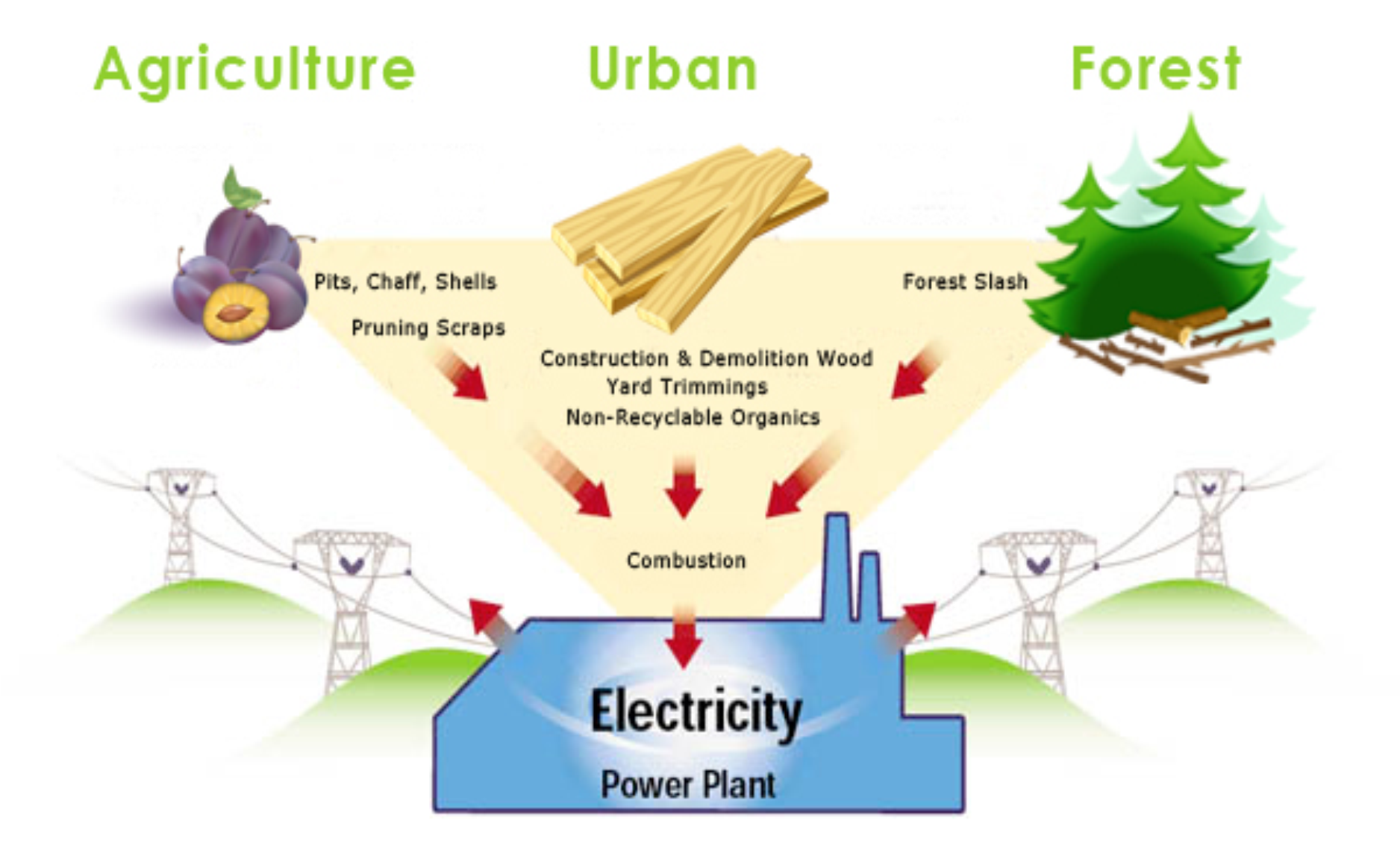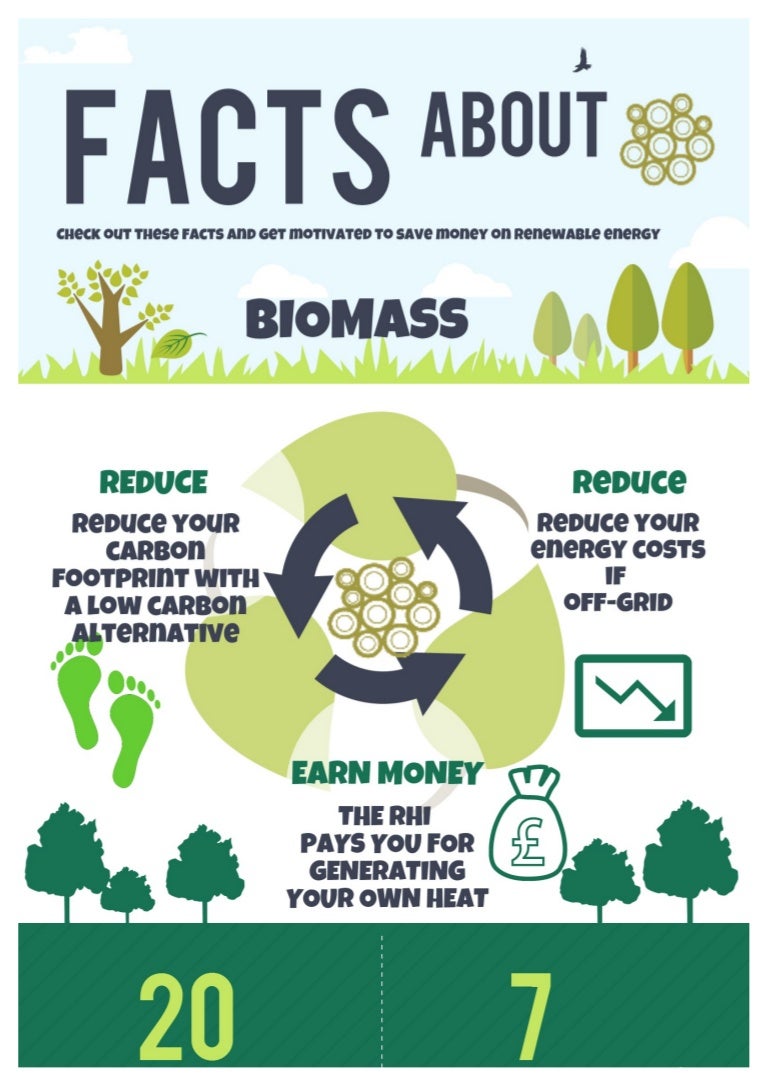why should we use biomass energy
Reasons Why Biomass Energy Should Be a Top Choice - REURASIA
Biomass energy is gaining popularity as a renewable energy source due to its numerous benefits. In this article, we will explore the reasons why biomass energy should be a top choice.
Question 1: What is biomass energy?
Biomass energy refers to the use of organic materials, such as plants and animal waste, to generate electricity, heat, or fuel. It is considered a renewable energy source as these organic materials can be replenished within a relatively short period.

Question 2: How does biomass energy work?
Biomass energy can be generated through different processes, such as direct combustion, anaerobic digestion, and gasification. Here is a brief explanation of each process:
- Direct combustion: Biomass materials are burned to produce heat, which is then used to generate steam. The steam powers a turbine connected to a generator, producing electricity.
- Anaerobic digestion: Organic materials, such as agricultural waste or sewage, are broken down by bacteria in the absence of oxygen. This process produces biogas, which can be used for heating or converted into electricity.
- Gasification: Biomass is heated in a low-oxygen environment, converting it into a synthetic gas called syngas. The syngas can be used as a fuel for various applications, including power generation.

Question 3: Is biomass energy sustainable?
Biomass energy is considered sustainable because the organic materials used to generate it can be regrown or replenished. It also provides an alternative to fossil fuels, reducing greenhouse gas emissions and dependence on non-renewable resources.
Question 4: What are the advantages of biomass energy?
Biomass energy offers several advantages, including:
- Renewability: Biomass materials used for energy production can be regrown, ensuring a continuous supply.
- Reduced carbon emissions: Biomass has a lower carbon footprint compared to fossil fuels, as it absorbs CO2 during growth.
- Waste reduction: Biomass energy can utilize organic waste materials, reducing the need for landfill disposal.
- Local economic development: Biomass energy projects can create jobs and contribute to local economies.
Question 5: What are the challenges of biomass energy?
While biomass energy has numerous benefits, it also faces certain challenges, such as:
- Feedstock availability: The availability and supply of biomass feedstock can vary, depending on geographical location and agricultural practices.
- Infrastructure requirements: Biomass energy systems may require specific infrastructure and equipment for efficient operation.
- Emissions control: Proper emission control technologies and measures are necessary to minimize air pollutants released during biomass combustion.
- Competition with food production: Using biomass crops for energy production can compete with food production, raising concerns about food security.
Question 6: Can biomass energy replace fossil fuels?
While biomass energy can be a renewable alternative to fossil fuels, it is unlikely to completely replace them. Biomass is currently used in conjunction with other renewable energy sources, such as solar and wind power, to reduce overall dependence on fossil fuels.
Question 7: How does biomass compare to other renewable energy sources?
Biomass energy has its own advantages and disadvantages compared to other renewable energy sources. Here is a brief comparison:
- Solar power: Biomass energy is not reliant on natural sunlight, making it a more consistent and reliable energy source. However, solar power has lower emissions and does not require biomass feedstock.
- Wind power: Both biomass and wind power are renewable, but wind power has higher potential for widespread application and does not require biomass feedstock.
- Hydropower: Biomass energy is not limited by geographic location or water availability, making it more versatile. However, hydropower has higher energy generation potential and does not require biomass feedstock.
Question 8: What are the different biomass feedstocks?
Biomass feedstocks can vary depending on the region and available resources. Common biomass feedstocks include:
- Agricultural crops and residues: Crop waste, such as corn stover and sugarcane bagasse, can be used as biomass feedstock.
- Forestry residues: Wood chips, sawdust, and tree bark from logging operations can be utilized as biomass feedstock.
- Animal manure: Livestock waste, such as poultry litter or cow dung, can be used as a biomass feedstock for anaerobic digestion.
Question 9: What is the current state of biomass energy adoption?
Biomass energy adoption varies across countries and regions. Some countries, like Sweden and Finland, have successfully implemented biomass energy systems and have a significant share of their electricity generated from biomass. However, in many other countries, biomass energy is still in the early stages of adoption, primarily used for heat and small-scale electricity generation.
Question 10: Are there any environmental concerns with biomass energy?
While biomass energy has environmental benefits, there are also concerns to consider. Some potential environmental concerns include:
- Land use change and deforestation: Converting land for biomass feedstock production can lead to deforestation and habitat loss.
- Air pollution: Improper combustion of biomass materials can release particulate matter and other air pollutants.
- Water usage: Biomass energy systems may require water for cooling and steam generation, impacting water resources.
- Biological diversity: Large-scale monoculture feedstock production can reduce biodiversity and disrupt ecosystems.
Question 11: What is the future outlook for biomass energy?
The future outlook for biomass energy is promising, as it offers a renewable and sustainable alternative to fossil fuels. Increased research and development efforts are focused on improving biomass conversion technologies, enhancing feedstock availability, and addressing environmental concerns. Biomass energy is expected to play a significant role in achieving global renewable energy targets and reducing greenhouse gas emissions.
Question 12: Are there any financial incentives for biomass energy projects?
Many countries offer financial incentives and subsidies to promote biomass energy projects. These incentives can include feed-in tariffs, tax credits, grants, and low-interest loans. Additionally, biomass energy projects can benefit from revenue generation through the sale of electricity, heat, or biomaterials. The specific incentives available may vary depending on the country and region.
Post a Comment for "why should we use biomass energy"